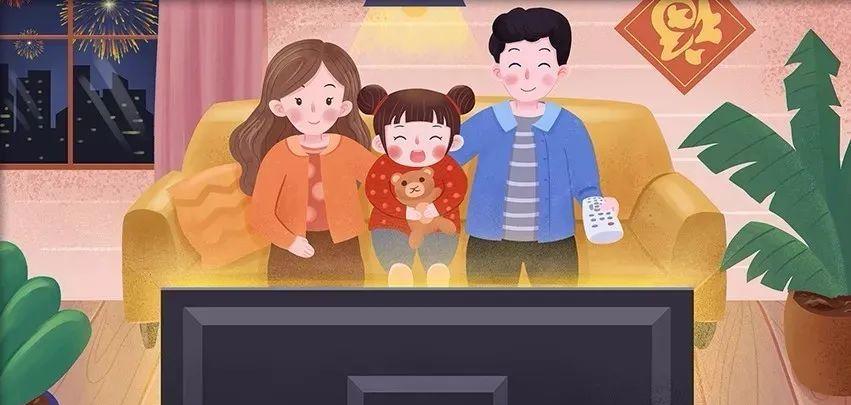
The mainland is a country of etiquette, and has always attached importance to educating people with etiquette, such as the ritualized code of conduct in the "Disciple Rules" such as "respecting the elders, not calling names" and "the road meets the long, rushing to the top", which can enable children to establish the ethical and moral concepts of respecting the elders and filial piety.
In modern society, we often use various ritual activities to carry out education, such as the opening ceremony of the school, the flag-raising ceremony, and the induction ceremony of the Young Pioneers.
School ceremonies help children integrate into school life, love school culture, enhance collective honor and national identity, while family ceremonies can build good common memories of family members, promote parent-child relationships, enhance family happiness and responsibility, and so on.
Generally speaking, there are often many moral education opportunities in family rituals, and parents can use them skillfully to promote children's moral formation and personality development. Family rituals with moral education mainly include traditional festival ceremonies, family members' growth ceremonies and daily family rituals.
So, how to moralize children through family rituals? As an important organizer of family rituals, parents should pay attention to the following aspects:
First of all, based on education, excavate the moral education content of family rituals.
Every aspect of the family ceremony contains value infiltration, and different ritual activities may cover different moral education content.
Taking traditional festival rituals as an example, parents can guide their children to understand the connotation of moral education in festival customs, so that he can be subtly influenced by good character and morality in a strong ceremonial atmosphere. For example, the tomb sweeping of the Qingming Festival is pinned on people's remembrance and gratitude for their ancestors, and parents can carry out filial piety and gratitude education for their children; the cleaning before the Spring Festival reflects the quality of loving labor and can educate children on labor; the Dragon Boat Festival wrapped rice dumplings, derived from the commemoration of the patriotic poet Qu Yuan, can carry out patriotic education for children.
In the growth ceremony of family members, the child's birthday party contains the meaning of gratitude to the parents; the coming-of-age ceremony means to be self-reliant and courageous; and so on.
In addition, a series of daily family rituals such as greeting each other every morning and evening, and regularly accompanying children to visit the elderly also reflect the quality of respecting the elderly and loving children, which are good opportunities for family moral education.
In addition to the above-mentioned family rituals, there are more moral education contents to be excavated, such as telling the family history during the ancestor worship ceremony to let the children feel the indomitable fighting spirit of the ancestors, or through the funeral ceremony to educate the children in life, so that they can correctly understand death.
Second, pay attention to subjectivity and enhance the moral education scene of family ceremonies.
In traditional family rituals, parents are often the protagonists of organization and participation, and children are supporting roles and even viewers, which greatly weakens the moral education function of family rituals.
Therefore, modern parents should pay more respect for their children's subjectivity and give them the opportunity to participate in performance, so as to enhance their children's participation and the moral education scene of family rituals. For example, let the child make gifts for the elderly to celebrate the birthday; let the child paste the Spring Festival, buy New Year goods and clean the house to welcome the New Year.
In short, by allowing children to deeply participate in all aspects of family rituals, they can obtain rich emotional experiences, so as to realize, identify and internalize the moral education connotation behind the rituals.
Finally, develop pluralism and innovate the forms of moral education for family rituals.
In addition to more common family rituals such as traditional holidays and birthday parties, parents can also design new rituals with their children.
Such as organizing family volunteer activities to cultivate children's enthusiasm for public welfare and the quality of serving the society; arranging meaningful family trips to visit the great rivers and mountains of the motherland, and stimulating children's patriotic enthusiasm and lofty ambitions in "walking thousands of miles"; watching movies with educational significance through family collective viewing, such as using the movie "Flying House Tour" to motivate children to improve themselves and dare to chase their dreams.
In addition, it is advisable to make use of good social resources, the whole family regularly leads children to visit memorials, museums, martyrs' cemeteries, former residences of great people, etc., while carrying forward the patriotic spirit, guide children to develop a confident and hard-working attitude towards life.
Sources
Good mom good dad good kid